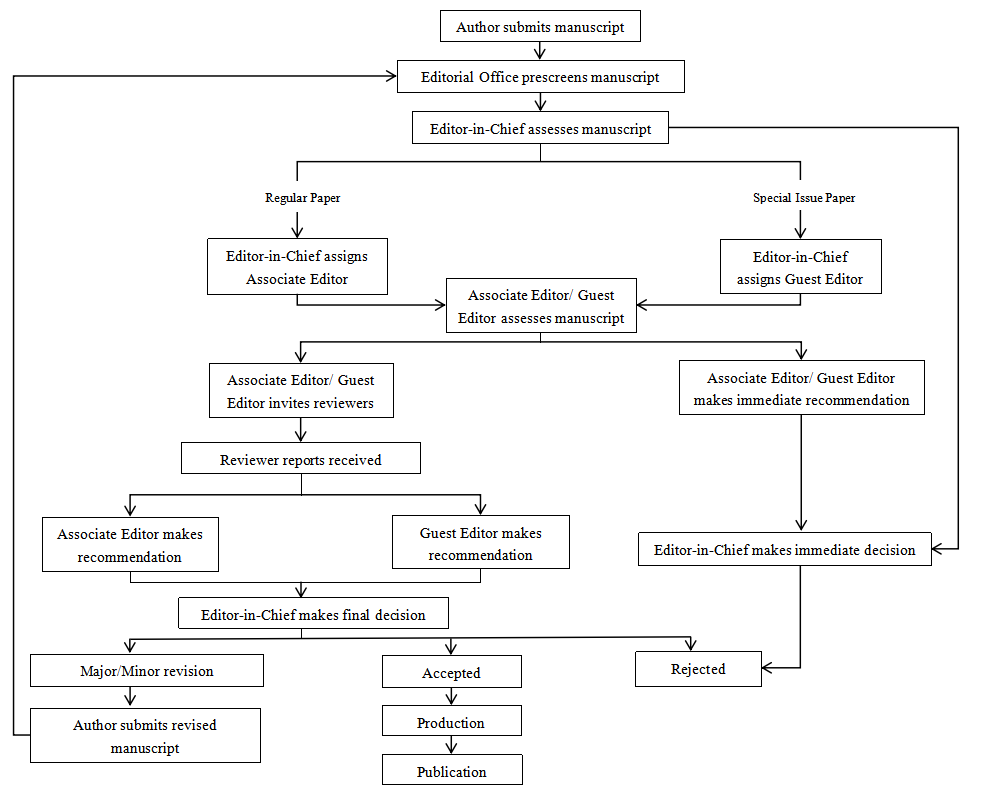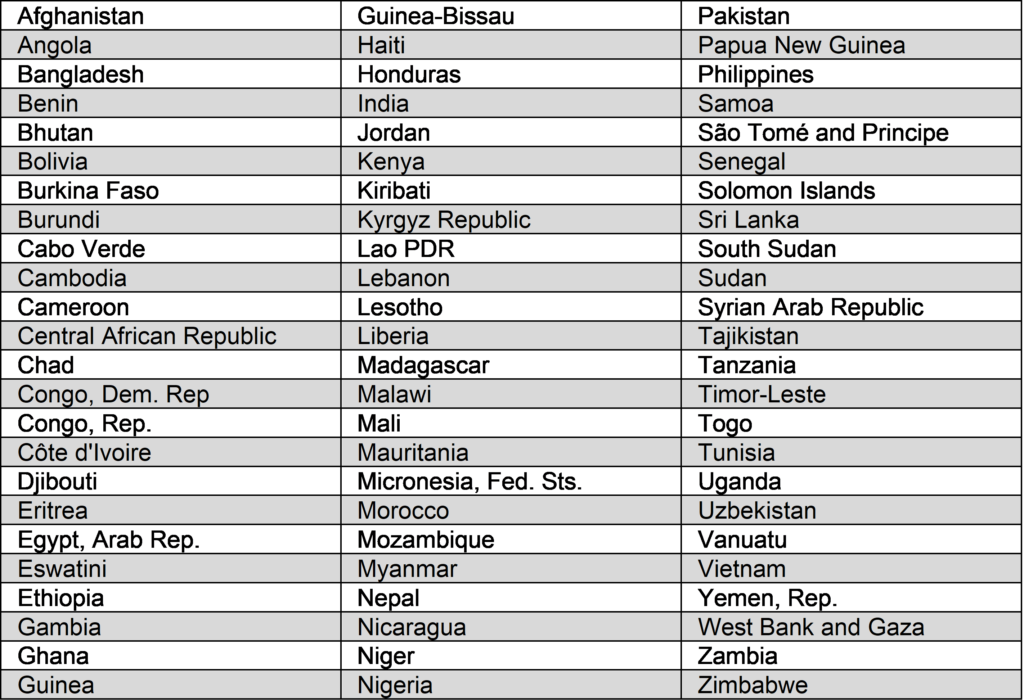Open Access
Symphony embraces an open access policy for all its publications. This approach ensures that our articles are instantly available worldwide without any financial barriers. Readers, whether individuals or institutions, can freely access, download, share, print, and utilize our content for any lawful purpose. This unrestricted access extends to linking and searching full texts, all without requiring prior approval from Symphony LLC or the authors.
Our commitment aligns with the principles outlined in the Budapest Open Access Initiative (BOAI), which advocates for the removal of obstacles to scholarly knowledge dissemination. By adhering to these guidelines, we aim to foster a more inclusive and collaborative academic environment, where knowledge flows freely and research can build upon itself without unnecessary constraints.
License & Copyright
Symphony applies the Creative Commons Attribution (CC-BY) license to all its journal publications. This license allows authors to maintain copyright of their work while granting others the freedom to use, adapt, and distribute the content. Users can download, modify, and share the material, provided they properly cite the original authors and source. This approach promotes open knowledge sharing while ensuring proper credit is given to content creators.
Peer Review Process
Symphony journals employ either single-blind or double-blind peer review processes, with specific models varying by journal. All submissions, including those for special issues, undergo rigorous peer evaluation. The Editor-in-Chief holds final authority on publication decisions. For detailed information on each journal’s review process, please refer to the respective journal’s website.
How peer review works

Once the author submits a manuscript for review, it will be prescreened by the Editorial Office. The staff will check whether it meets our technical requirements for submission. The Peer-Review Support Specialist will check whether it is in accordance with the journal’s aims and scope.
Following completion of the prescreen by the Editorial Office, the manuscript will be assessed by the Editor-in-Chief. A comprehensive evaluation will ensue, considering alignment with the journal’s aims and scope, methodological rigor, and overall article readability. The Editor-in-Chief may make an immediate decision on the paper at this stage.
Subsequently, the Editor-in-Chief will assign the manuscript to an Associate Editor or Guest Editor (for submissions to Special Issues) based on the research fields encapsulated.
Upon receiving the manuscript from the Editor-in-Chief, the Associate Editor or Guest Editor will assess the manuscript for its suitability for peer review. The Editor-in-Chief may make an immediate decision to reject based on the Associate Editor or Guest Editor’s recommendation at this stage.
The appointed Associate Editor or Guest Editor will then meticulously invite a minimum of two anonymous reviewers for the manuscript, adhering to the single-blind or double-blind peer review approach (All reviewers are external experts):
Single-blind peer review approach means the reviewers know the names of the authors and the authors do not know who reviewed their manuscript;
Double-blind peer review approach means the reviewers do not know the names of the authors and the authors do not know who reviewed their manuscript (but if the research is published, reviewers can eventually know the names of the authors).
*Each journal may have a different peer review model, please check the journal’s website for details.
The Associate Editor or Guest Editor will make a recommendation after receiving reports from at least two reviewers. If the reviews differ widely, the Associate Editor or Guest Editor may invite an additional reviewer so as to get an extra opinion before making a recommendation.
Subsequently, the Editor-in-Chief will make a final decision based on the received recommendation and his/her own assessment of the manuscript, indicating approval for rejection, acceptance, minor revision, or major revision. If the article is rejected or sent back for either a major or minor revision, the corresponding author(s) will receive the reviewers’ comments. A final check by the Editor-in-Chief is a must before sending acceptance to any revised paper. Once your paper has been accepted, it will be checked by the editorial office to ensure that it is ready for production. If any updates are necessary, you may be contacted. Otherwise, your paper will be forwarded to the production team.
When the production team receives the accepted article, the corresponding author will be contacted by email to ask them to sign a publication license and pay Article Processing Charges.
The corresponding author will receive an email for approval before it is typeset. Authors should check their proofs carefully to confirm all the information is accurate. Proofs must be returned within 5 working days of receiving the email.
Plagiarism Detection
Symphony uses Crossref’s Similarity Check service, powered by iThenticate software, to detect textual similarities. This tool provides editors with a user-friendly method to identify potential plagiarism. Our journals consider a text similarity below 20% acceptable. The system compares submitted manuscripts against both web resources and the CrossRef database. Authors must minimize word reuse, properly credit sources, and accurately cite all references.
Publication Fees
Symphony publishes all articles under the Gold Open Access model. To provide free access to readers and cover publication costs, we charge a one-time Article Processing Charge (APC) for accepted papers. This fee is independent of article length or supplementary materials. Some content types (e.g., Editorials, Corrections, Addendums, Retractions, Comments) are published free of charge.
Each journal’s APC is clearly displayed on its homepage. The APC covers work by various departments:
- Editorial Screening
- Editorial Operations
- Article Production
- Proofreading
- Editorial Quality Assurance
- Journal Development
- Technology Teams
These departments manage all aspects of the publication process, from quality control and peer review to production and promotion. APC amounts may vary depending on the specific journal.
Taxes
Quoted prices exclude value-added tax (VAT), goods and services tax (GST), and other sales taxes. Where required by law, applicable taxes may be added to the listed price. The tax amount will be calculated at the point of sale and clearly itemized. Please provide your VAT, GST, or other relevant tax identification number when prompted.
Journal Specific APCs
Journal-Specific Article Processing Charges (APCs):
Symphony maintains different APC policies for its journals. All articles in these journals are published under the Gold Open Access model. APCs, where applicable, cover the costs of peer review, copyediting, typesetting, long-term archiving, and journal management. This ensures free access for readers.
Key points:
- No submission fees are charged; rejected articles incur no costs.
- Article length, figures, or supplementary data do not affect the APC.
- Some items (e.g., Editorials, Corrections, Addendums, Retractions, Comments) are published free of charge.
- Individual journals may adopt different policies to cover their publication fees. Please refer to each journal’s specific ‘Publication Fees’ section for detailed information.

*A 40% discount on APCs applies for corresponding authors from the countries listed below.
Prices exclude VAT, GST, or other sales taxes. Applicable taxes may be added where required by law, calculated at the point of sale and itemized separately. Please provide your tax identification number when requested.
Discounts and Waivers
Symphony is committed to open access publishing while recognizing the financial challenges some researchers face. We offer a transparent waiver policy to support authors unable to meet full or partial publication costs.
To assist researchers from low-to-middle income countries, we provide automatic Article Processing Charge (APC) waivers and discounts. Authors from countries on our Waivers and Discounts List are eligible for these benefits.
Waivers and Discounts List
Symphony grants an automatic 40% waiver on APCs for manuscripts where the corresponding author is based in any country listed below. For any questions regarding this policy, please contact info@symphonypub.com.
